Strike up a conversation about bad stories among writers or critics and the term “trope” is bound to come up. It is usually used in a manner that is less than flattering and often references elements of a story that needs to be fixed. A trope is much more complex than many give them credit for, so today we take a look at what they are, why we loathe them, and why we love them.
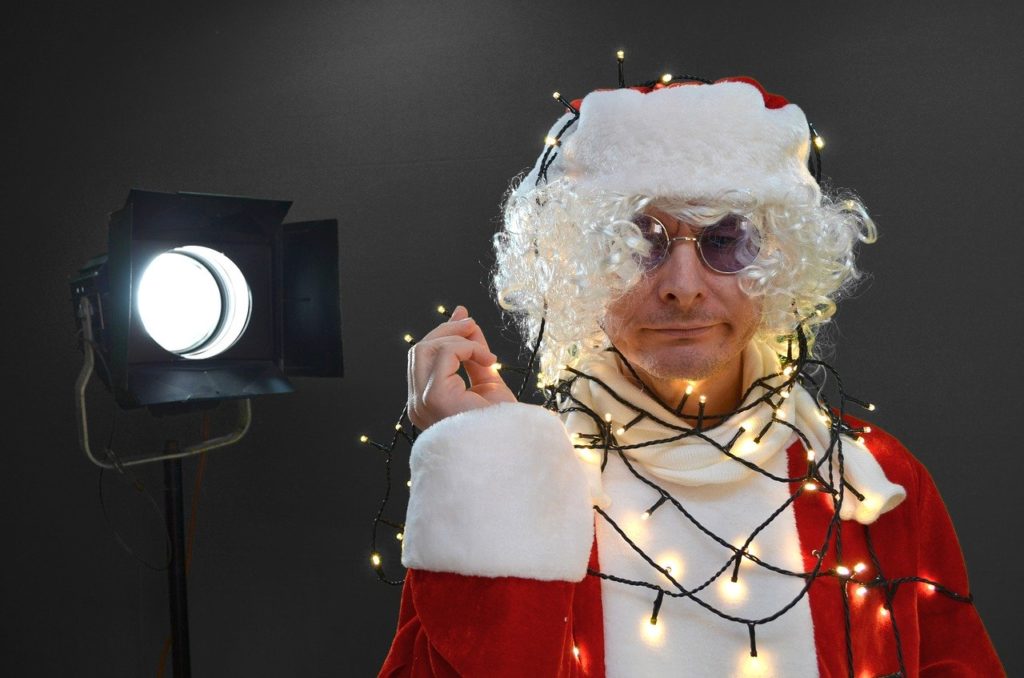
What is a Trope?
As with most things in art, there is some disagreement as to what the term trope actually means. Some say that it is a repeated element of storytelling that has been done many times, where others will say it is simply the basic building block for a story, like bricks make a house. To dig into this, we need to clarify exactly what we are talking about.
Definition of a Trope
A trope, at least for the sake of this discussion, is a basic element of storytelling that has been used several times and has been accepted as a standard device. All those things you learned in English class like similes, metaphors, irony, imagery, etc. could be considered tropes, but we will be focusing on the more thematic ones. Thematic tropes won’t consist of the entire plot, but will play a fundamental part that sets the stage for the story. Before we get into some examples, we need to draw two more important distinctions.
Archetype
An archetype is a type of trope that serves as a template or prototype for a story. This is usually seen as a theme that is used as the skeleton of a story and then built upon to make the story unique. Unlike unwanted tropes, archetypes transcend differences in genres and cultures and are universally interesting. An archetype is like a smile: Anywhere you go on this planet, a genuine smile conveys the same meaning and we never tire of seeing them.
Cliche
A cliche is a trope that has been cloned and used to the point of saturation. We often see these as sayings like “a penny saved is a penny earned,” and “it was a dark and stormy night.” Cliches are generally something to avoid as it encourages lazy writing habits and strips your unique voice and style from a story. Sometimes, however, there is no better way to convey an idea, so a cliche can be used successfully. Use them as sparingly as humanly possible.
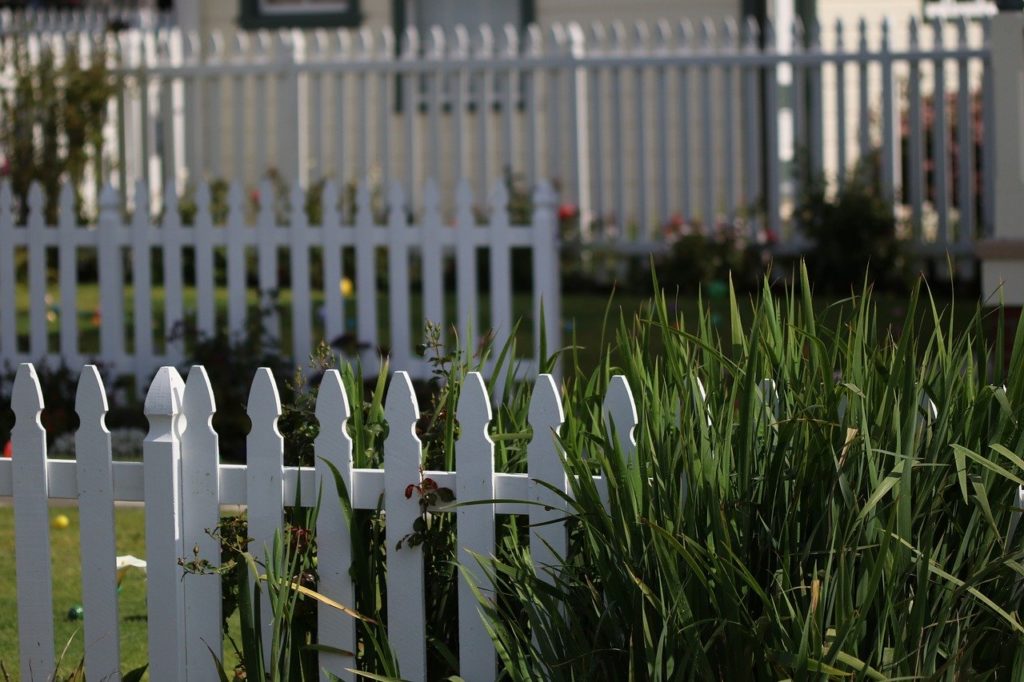
Trope Examples
Now that we have that out of the way, let’s take a look at some examples of thematic tropes to get a feel for what we’re working with. There are truck loads of different tropes, but here are three to illustrate the concept.
The Chosen One
This trope takes an ordinary character and elevates them to an extraordinary level, creating drama with the sudden ascent. There is often a prophecy of some sort involved as well. This has been used in the Matrix movies in the form of “The One,” Catniss Everdeen in the Hunger Games, and Luke Skywalker in the Star Wars series.
Good Cop / Bad Cop
This trope takes two types of law enforcement personnel with opposing characteristics and teams them up. This trope is not always ethical vs. unethical as the name suggests however. Sometimes it’s smart cop / tough cop or normal cop / supernatural cop. Examples of this range from common to bizzarre. For instance, take Detectives Eames and Goren (good vs bad) in Law and Order: Criminal Intent, Brennan and Booth (smart vs tough) in Bones, and Detective Decker and Lucifer Morningstar (human vs the Devil) in Lucifer.
The Powerful Artifact
This trope takes some sort of powerful item and pits multiple factions against each other competing for control. This trope typically uses a good vs evil structure, but some interesting stories have strayed from that model. Good examples include the Lord of the Rings trilogy with the One Ring, Zues’s lightning bolt in Percy Jackson & the Olympians: The Lightning Thief, and the Deathly Hallows in the Harry Potter series.
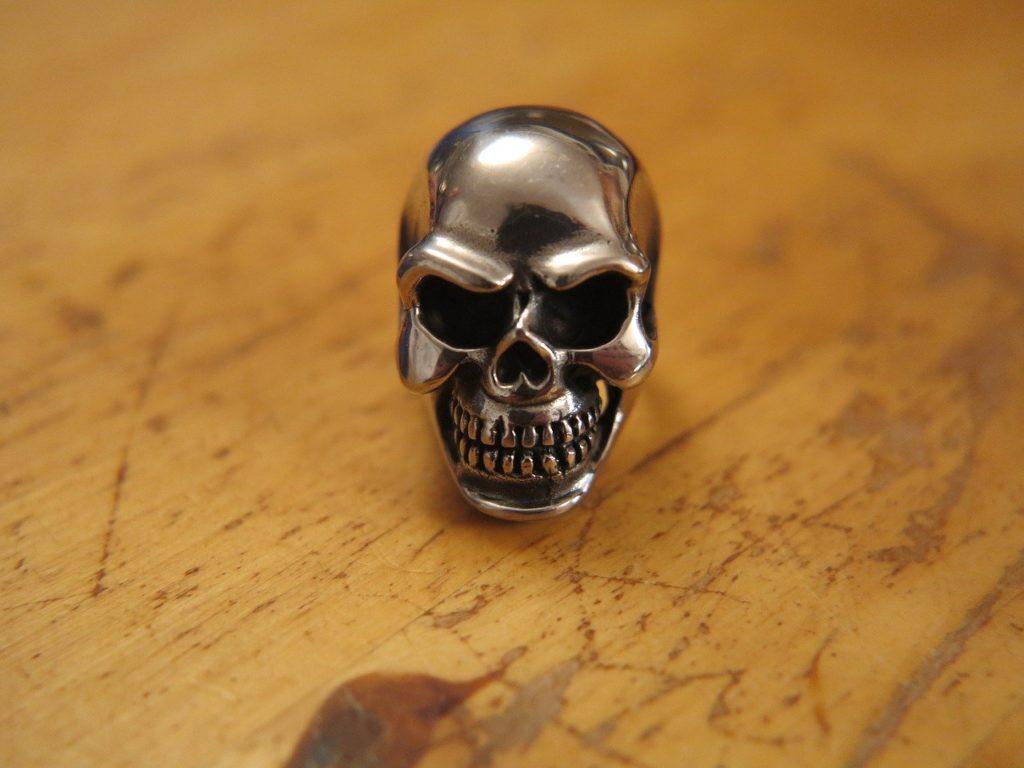
Why we loathe tropes
One thing I stumble across all the time are articles bearing the headline “[Number] of Awful Tropes in [Genre].” Tropes have a bad reputation and pointing out the most tired and overused can be quite entertaining. So why are tropes so hated by the writing community?
Stale
Many successful tropes have fallen victim to mass use with little innovation. Once this happens, they can become stale and unexciting. That tiny slice of cheesecake is rich, amazing, and leaves you craving another. Eat forty pounds of that same cheesecake and you will be ready to vomit (if you haven’t already) and happy to never see cheesecake again.
Predictable
Picture a story where a great tragedy befalls Santa Clause, threatening to ruin Christmas for millions of innocent children all around the world. The only hope for the holiday rests in the hands of two brave children caught in the middle of events. How do they save Christmas? Go on, guess. If you said “by spreading Christmas cheer,” or “convincing people to believe in Santa,” then you get a big high-five for demonstrating my point. We all know how that story ends so we won’t miss out if we do something else with our time. If, instead, you guessed the kids save Christmas by capturing evil Rudolf to prevent him from eating people, then I like how you think and we need to be friends.
Tropes Can be Corny
Don’t get me wrong, corny can be fun, but it can also be painful and embarrassing. It’s like when aunt Phyllis has too much eggnog and drunkenly tells John’s new girlfriend a really awful pick-up line. That’s funny and everyone laughs. When Phyllis insists she wasn’t joking, that same scene becomes really uncomfortable and everyone (except maybe Phyllis) wants to get the hell out of there. The same thing happens to a story that is trying to be serious and heavy while relying on corny tropes.
Why We Love tropes
If tropes are so bad, why do we see people writing trope-heavy stories all the time? Sure, some of them may be cheap and lazy writers, but some writers seem to try to be tropey. Why would anyone do that? There’s a few reasons.
Tropes Work
The only way for something to become a trope is if it works really well. Nobody is going to mimic a story that sucks, much less to the point we’re all sick of hearing it. The trick with pulling off a trope is to bring something new to the table, something clever enough to separate your story from the others. Many houses are made of bricks, but really nice ones arrange those bricks in new and exciting ways.
Predictable
We all know how a trope goes, but if we’re being honest that can be nice sometimes. It can be refreshing to enjoy a light story. That’s what sustains Christmas specials that all seem to be clones. Knowing how the story goes means we can kick back, relax, and enjoy the ride. We saw this same aspect in Struggling with Originality as well.
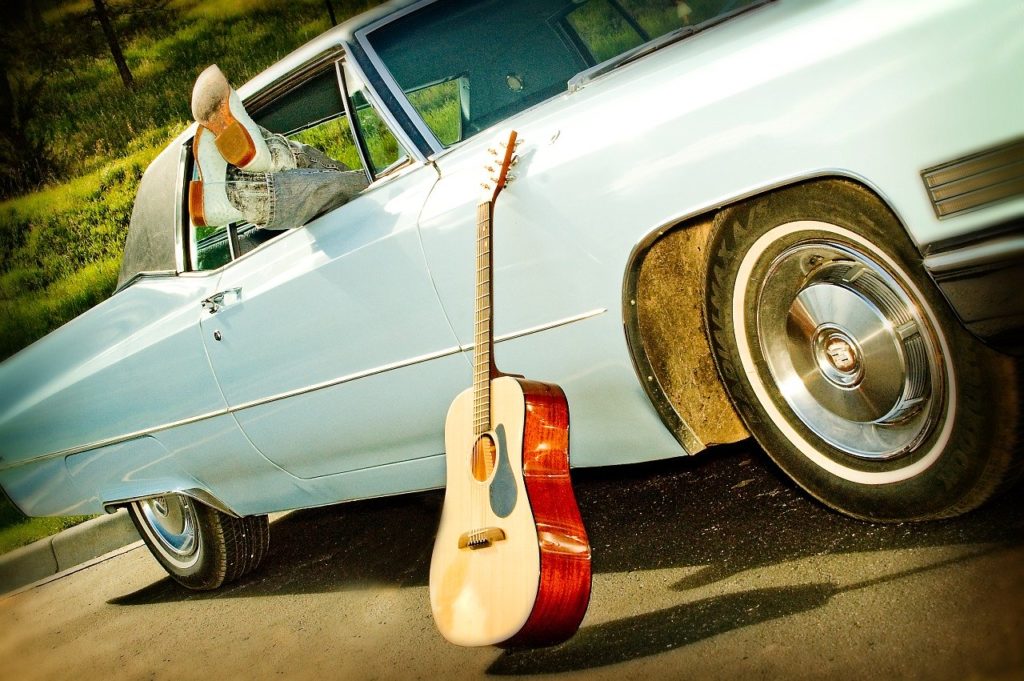
The other advantage to a trope’s predictability is you can exploit it for misdirection. Pulling your audience to near sleep with the heaviest of tropes means you can jar them back awake with a plot twist requiring a neck brace.
Think of a romantic comedy in which a man meets a woman, they have several awkward encounters as they fall in love until she accidentally picks up his phone instead of hers. We all know where this is going… Of course she discovers he’s a serial killer, which is odd because she is too! The story finishes out with them trying to murder each other. Best way to blind-side someone? Make them think they know what comes next.
Tropes Can be Funny
Yes, I’m talking about the wonderful silly art of parody. A parody is a comedy that pokes fun of another story by exaggerating it to the point of ridiculousness. If being tropey and serious is bad, then remove the serious aspect and double down on the tropes. The Scary Movie franchise mastered this by taking all the tired slasher movie tropes and cramming them into one movie. The title itself is a trope that mocks horror movies. Make the killer clumsy and incapable of killing anyone, throw in some edgy content for shock value, and take every chance you can to poke holes in the plot and you have an amazing parody.
The Wrap-Up
So now we know what a trope is and how it impacts our writing. It’s important to keep in mind that tropes are not inherently good or bad, they are simply tools. If you find a trope you enjoy, feel free to use it, as long as you give it your own voice and style. If you find a tired trope emerging in your work, don’t panic. Sit down, figure out how it’s going to play out and, if you need to, tweak your story to make the trope interesting. Plan, write, examine, adjust, repeat. You’ll be fine.
This week’s book report:
Words Written (Week 9): 3,616 out of 2,500 (Take that word count!)
Words Left: 9,849 (Under 10K!)
Last Three Words Written: sooner rather than later. (Also when I should write next…)



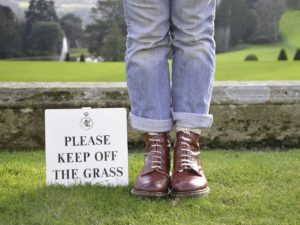
So glad to see you back, and great going on your word count! Also exciting to see that your word count goal is now under 10K.
Pingback: The Hero: A Beacon of Hope - Merchants of the Void